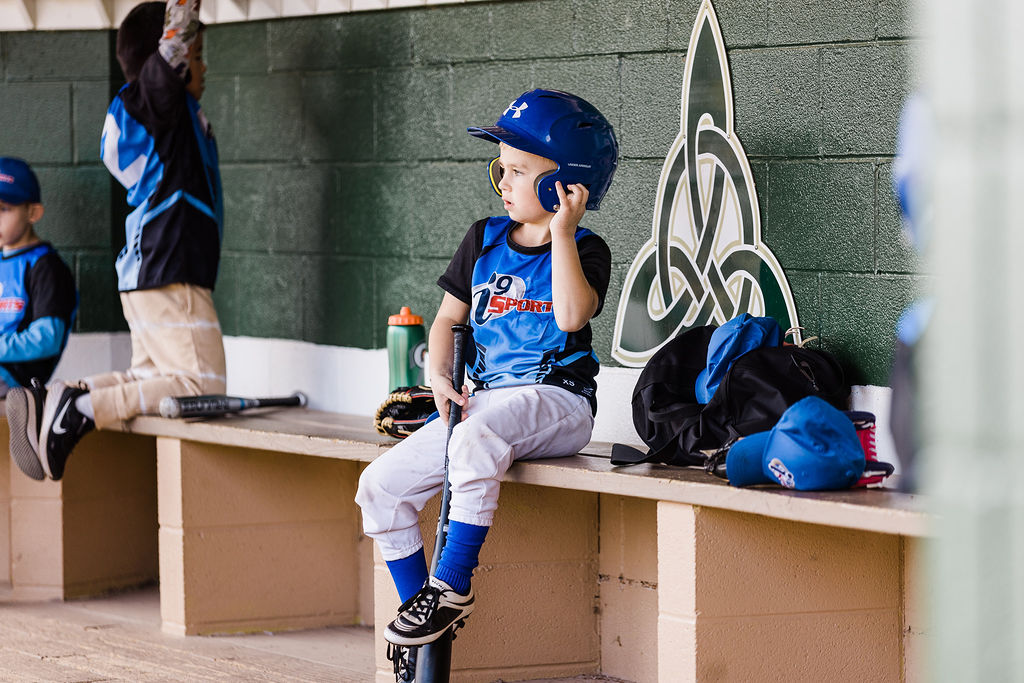Choosing a Sport for a Child with Asthma
Playing team sports that improve coordination and encourage cooperation is a fun part of being a kid. Physical exercise also promotes health and wellness. But what about kids with asthma? If your child has this health condition, rest assured they don’t have to miss out. In fact, a strategic amount of physical activity can strengthen your child’s breathing muscles to help their lungs work better.
The trick is to choose an activity that doesn’t aggravate your child’s condition. Here are the steps parents should take when looking for an asthma-friendly sport.
Visit Your Child’s Pediatrician to Discuss their Asthma
If your child has an underlying health condition like asthma, the first step is to have a talk with their doctor. This accomplishes two goals. First, they can recommend an appropriate amount of physical activity based on your child’s health status. This prevents you or your child from developing unrealistic expectations about their athletic participation. Second, it may open the door to treatment options that could expand your child’s choices.
Know What Triggers Asthma During Youth Sports
By understanding what’s likely to trigger an attack, you can help your child take appropriate precautions. For instance, cold air is taxing, even on healthy lungs, so winter sports like ice skating, hockey, skiing, and snowboarding may be difficult for a child with exercise-induced asthma. Endurance sports that demand a lot of energy with little rest—including track and field, soccer, lacrosse, and basketball—may also be challenging. Even swimming should be approached with caution.
Physical activity isn’t the only thing that triggers asthma attacks. High or low humidity, pollen, mold, dust, pollution, fragrances, and other environmental factors can also cause breathing difficulties.
Familiarize Yourself with the Most Asthma-Friendly Sports
Several sports are suitable for kids with asthma, and each offers plenty of benefits. These include:
- Flag football: Youth flag football programs are perfect for families who want their young athletes to learn to play one of America’s favorite sports with a lower risk of head injuries. Flag football can be asthma-friendly if your child plays a position that doesn’t require too much running.
- Baseball and t-ball: Youth t-ball leagues teach baseball basics and hand-eye coordination as players get used to hitting the ball. As they get older, athletes progress to a “coach-pitch” format to help them adapt to a moving target before moving up to “kid-pitch.” With only a short burst of energy needed to run around the bases, this sport can be a good option for kids with asthma.
- Volleyball: Athleticism and coordination are required to be a good volleyball player, but this low-intensity sport is known for being asthma-friendly. While volleyball can be played outside or inside, so be sure to choose what will least affect your child’s asthma.
If your child has their heart set on a sport that isn’t on this list, don’t immediately rule it out. Discuss options with your child’s pediatrician and explain the situation to their coach. For instance, you could request that your child play the goalie position on a soccer or field hockey team. You might also find a league with less intensive play.
How to Avoid Asthma Attacks While Playing Sports
Whatever sport your child chooses, follow these tips to help manage their asthma:
- Direct your child to take their asthma medication as prescribed. Long-term control medicine can keep symptoms under control and prevent flare-ups during practices and games.
- Create an asthma action plan with help from your child’s pediatrician.
- Tell the coach about your child’s condition and provide a copy of the asthma action plan.
- Take steps to prevent flare-ups, such as making time to warm up before and cool down after each practice and game.
- Make sure your child knows how to detect an oncoming asthma attack and what to do if they start having trouble breathing. This may include signaling the coach or another adult in charge of the sporting event, who should have your child’s quick-relief inhaler with them so they can administer aid. If it’s possible for your child to keep their inhaler with them, that’s even better.
- Request that your child’s coach or another adult inform you immediately of any asthma attacks your child experiences, even if minor. Tracking the conditions surrounding the attack can help you make better decisions about your child’s physical activities.
Sign Up for Youth Sports
i9 Sports®® provides youth athletic programs in hundreds of communities across the United States. We pride ourselves on our diverse sports offerings for kids of all ages, genders, abilities, and skill levels. Each program is designed to help kids learn a new sport, develop skills, and, most importantly, have fun!
Many of our leagues offer the asthma-friendly sports outlined above. Contact your local i9 Sports® office to learn more.
